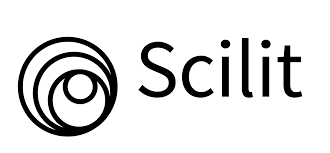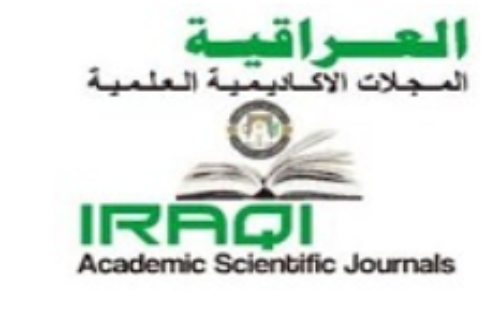Stimulation of Human Innate Immune Defenses by Bacteria in vitro
Abstract
The microflora is essential for immune education and amplification of lymphoid effector
cells, mainly at the mucosal level. It is well documented that the efficacy of the mucosal
immune system can be significantly impaired in germ-free animals. In this study the bacteria
used as antigens (mitogen) to the stimulation of human immune cells in vitro. Gram-positive
Streptococci spp and gram-negative Escherichia coli was investigated. The stimulation of
human peripheral blood mononuclear cells by the various bacterial strains induced a differential
cytokine pattern. Streptococci and E. coli significantly (P ≤ 0.001) induced gamma interferon
(IFN- ) and interleukin-12 (IL-12). All bacteria mediated the proliferation of human peripheral
blood mononuclear cells. Proliferate activity of lymphocytes was observed when mitogens were
added. The MTT is employed to assess the response of lymphocytes to a mitogen. Bacteria and
PHA was effective in inducing the MTT index of lymphocytes. Therefore, PHA, gram-positive
bacteria, and gram-negative bacteria showed a high significant (P ≤ 0.001) increased percentage
of MTT index (96.4, 88.2 and 74.7 %, respectively) as compared to control subjects (42.5%)
with no treatment.
Downloads
Published
Issue
Section
License
Copyright (c) 2019 University of Thi-Qar Journal of Science

This work is licensed under a Creative Commons Attribution 4.0 International License.












